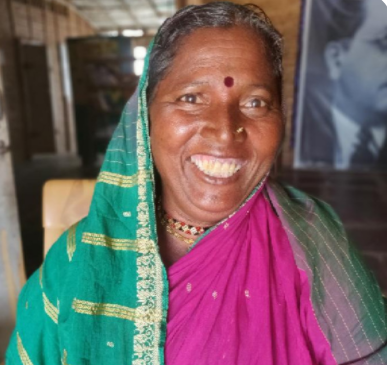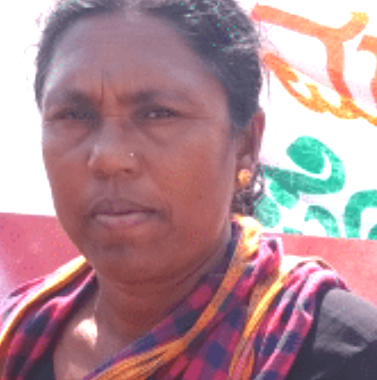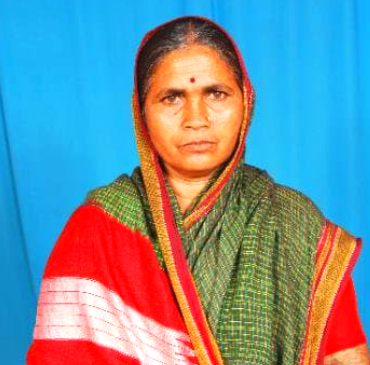NREGS mobilisation:
Capacity building of key leaders in the NREGS and its entitlements, filing applications for work, demanding allocation work and payments on scale, village to village campaign to mobilise people was done during 2005-2007. The protests were held in front of Gram Panchayats who had tasted the huge flow of funds for this scheme.
Reaching 5000 households:
During 2008-10, JMS was instrumental in reaching 5000 households to implement the 100 days of work under NREGA. Janekal village, under the leadership of NARASAMMA, JMS leader was the first village in Raichur district to reach 100 days of work implementation. Over-two years, 5000 households received 5 crore rupees as wages. During this phase, JMS also fought against panchayat leaders, corrupt contractors and landlords by filing petitions against employing of machinery in NREGA works. All these households got job-cards and village leaders were trained how to apply for work as their right.
Land Development:
As part of right to livelihood, in collaboration with Dorabji Tata Trusts, during 2006-08, JMS undertook land development of 58 marginal farmers in 4 villages. Totally 108 acre land was developed and organic manure (neem fertiliser and cow-dung manure) was supplied to these farmers. It enhanced agricultural yield and ensured food security in these four villages.
Organic Fertiliser Production:
In 10 villages, labourers through JMS sanghas were mobilised to produce vermi-compost. In addition, in five villages, the members through their groups were initiated into the venture of producing xxx manure at scale. Totally 1000 quintols of manure produced and was sold to farmers.








